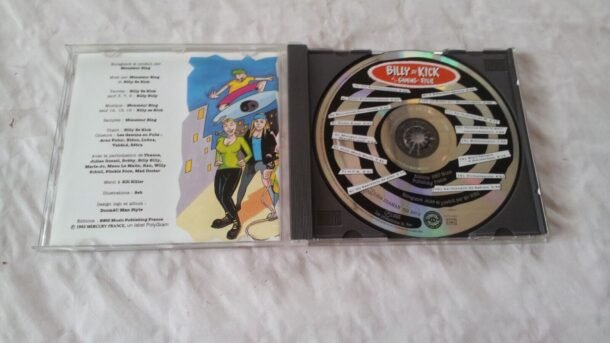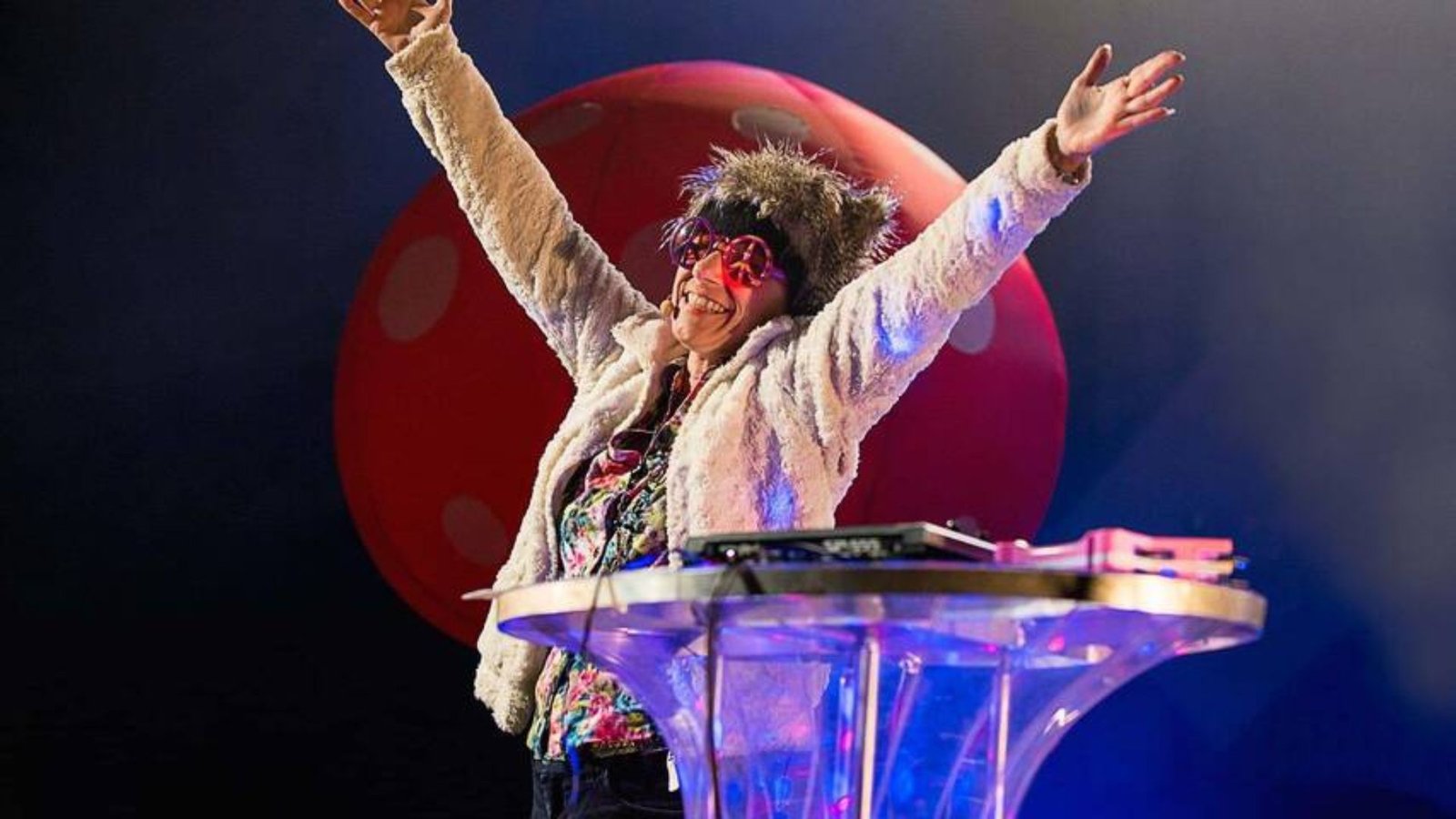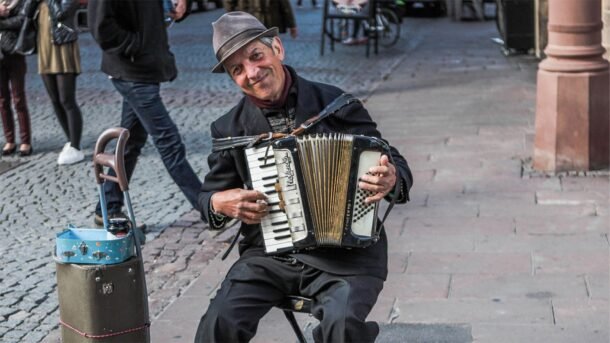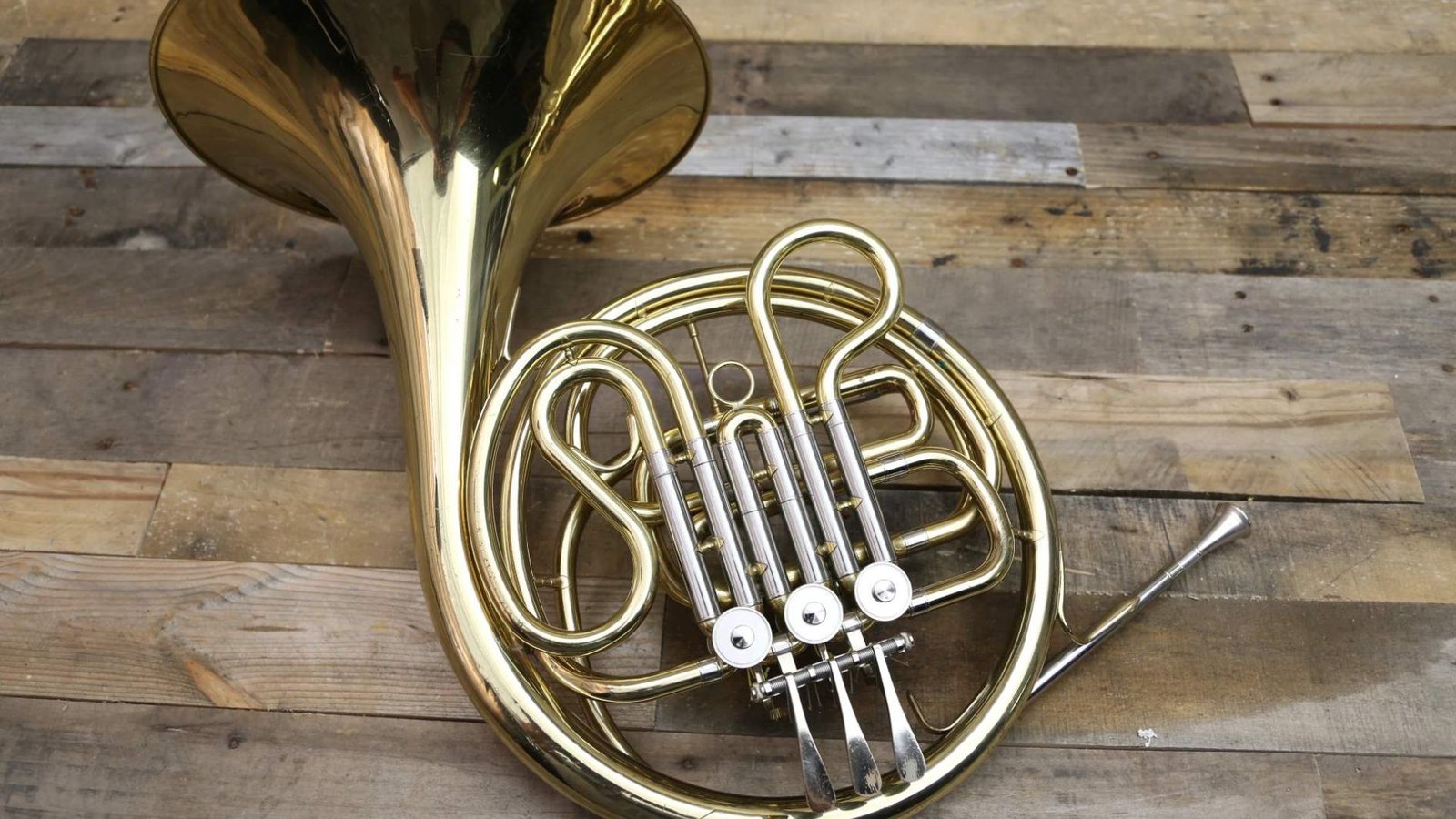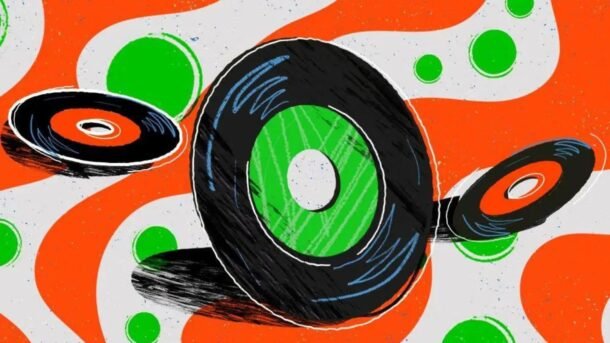Hosting a French-inspired dinner party is a delightful way to bring a touch of elegance and charm into your home. From the food and drink to the décor and atmosphere, you can create an unforgettable experience for your guests. This guide will help you plan and execute a memorable evening filled with French flair.

How to Host a French-Inspired Dinner Party
Set the Date and Send Invites
First, choose a date that works for you and your guests. Once you have a date in mind, send out invitations. You can opt for traditional paper invites or digital options. Make sure to mention that it’s a French-themed dinner party, so guests can prepare for a culinary adventure.
Pro Tip:
Consider using a charming French phrase like “Venez dîner avec nous!” (Come dine with us!) to set the tone.
Plan the Menu
A French dinner party is all about the food. Aim for a three-course meal that includes an appetizer, a main dish, and dessert. Here’s a simple yet delicious menu to inspire you:
Appetizer
- French Onion Soup: This classic dish warms the heart. The rich broth, sweet onions, and melted cheese create a comforting start to your meal.
Main Course
- Coq au Vin: This hearty chicken dish cooked in red wine is a quintessential French favourite. Serve it with crusty bread to soak up the sauce or over a bed of creamy mashed potatoes.
Dessert
- Tarte Tatin: This upside-down caramelized apple tart is the perfect way to end your dinner. Pair it with a scoop of vanilla ice cream for a delightful finish.
Beverage Pairings
- Select a French wine to accompany each course. For example, serve a crisp white wine like Sauvignon Blanc with the appetizer, a full-bodied red like Bordeaux with the main course, and a sweet dessert wine like Sauternes with the dessert.
Create a Charming Table Setting
Setting the table is an important part of the experience. Use a crisp tablecloth and elegant dinnerware to set the stage. Here are some ideas to enhance your table setting:
- Fresh Flowers: Arrange a simple bouquet of fresh flowers for a touch of elegance. Opt for classic French blooms like lavender or roses.
- Candles: Use candles to create a warm, inviting ambience. Choose elegant candle holders that complement your table setting.
- French Touches: Incorporate elements like small French flags or vintage postcards as part of the décor to add a personal touch.
Pro Tip:
Use your best dinnerware and glasses. The presentation makes a significant impact on the overall dining experience.
Set the Mood with Music
Music enhances the atmosphere of your dinner party. Create a playlist of classic French songs. Include artists like Édith Piaf, Charles Aznavour, and modern artists like Zaz. Their romantic melodies will transport your guests to a cosy bistro in Paris.
Prepare Ahead of Time
To reduce stress on the day of the dinner party, prepare as much as you can in advance. You can make the French onion soup and Coq au Vin the day before and simply reheat them before serving. This way, you can focus on your guests rather than spending all your time in the kitchen.
Welcome Your Guests
As your guests arrive, greet them with a smile and a warm welcome. Offer them a glass of French wine or a cocktail like a Kir Royale (champagne with blackcurrant liqueur) to kick off the evening. This will immediately set a festive mood.
Serve Dinner with Style
When it’s time to serve dinner, invite your guests to sit down at the table. Serve each course at a leisurely pace, allowing your guests to enjoy the food and conversation. Take the time to explain each dish and its significance to French cuisine.
End with a Flourish
After dessert, don’t rush to clear the table. Instead, invite your guests to linger over coffee or tea. You can also offer a digestif, such as Cognac or Armagnac, to round off the meal. This encourages relaxed conversation and makes for a memorable evening.
Final Touches
As the night comes to a close, thank your guests for coming. Consider sending them home with a small token of appreciation, like a homemade cookie or a mini bottle of French wine.
Conclusion
Hosting a French-inspired dinner party is a wonderful way to showcase your culinary skills and create lasting memories with friends and family. By carefully planning the menu, setting a charming table, and creating a warm atmosphere, you can transport your guests to the heart of France. So, gather your loved ones, pour a glass of wine, and enjoy an evening of good food, laughter, and camaraderie. Bon appétit!
You will find the following information useful:








